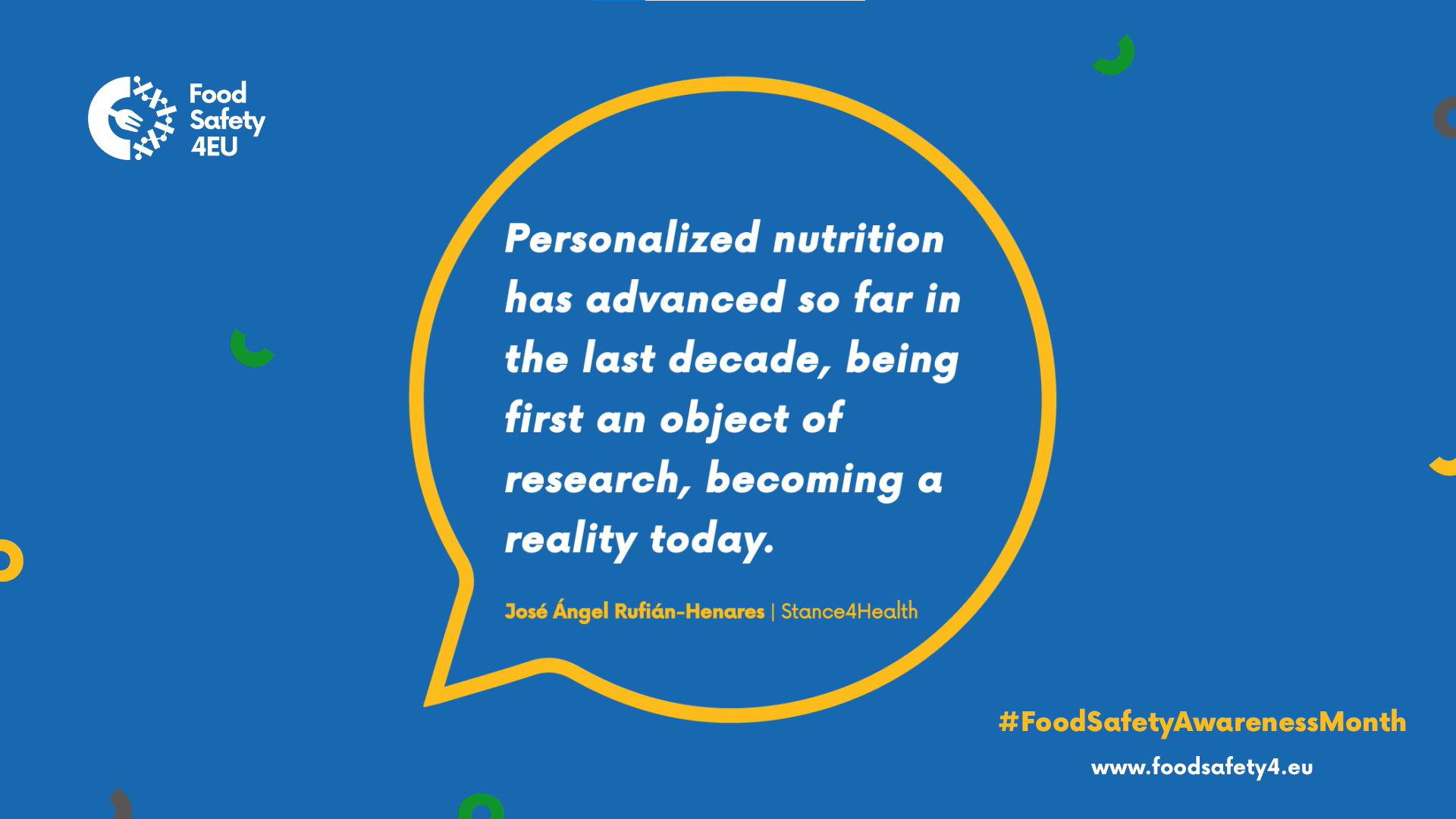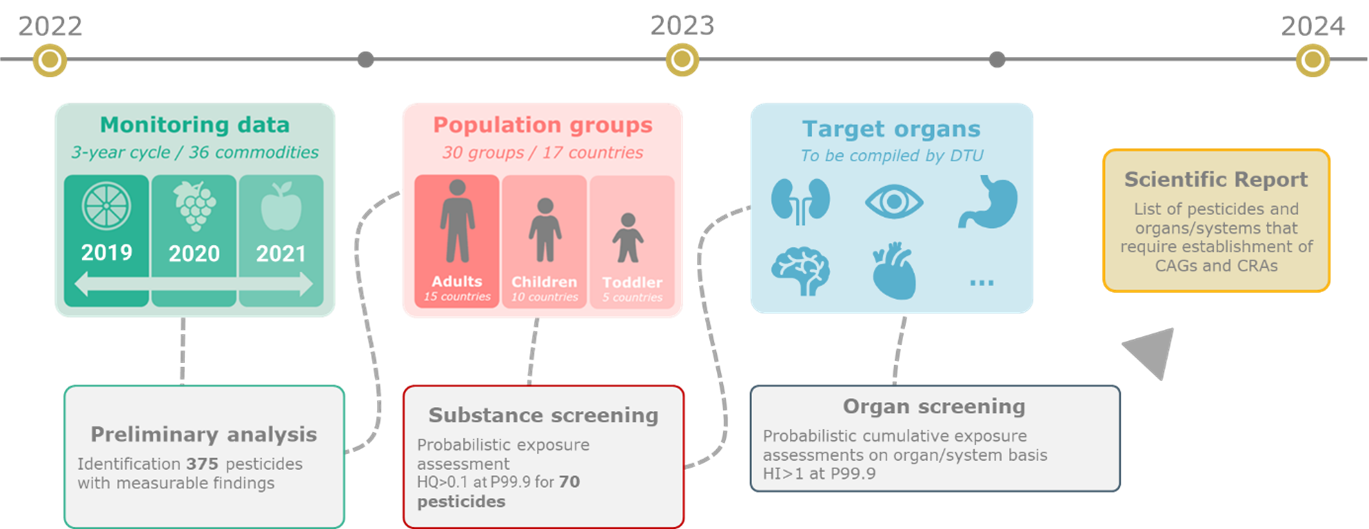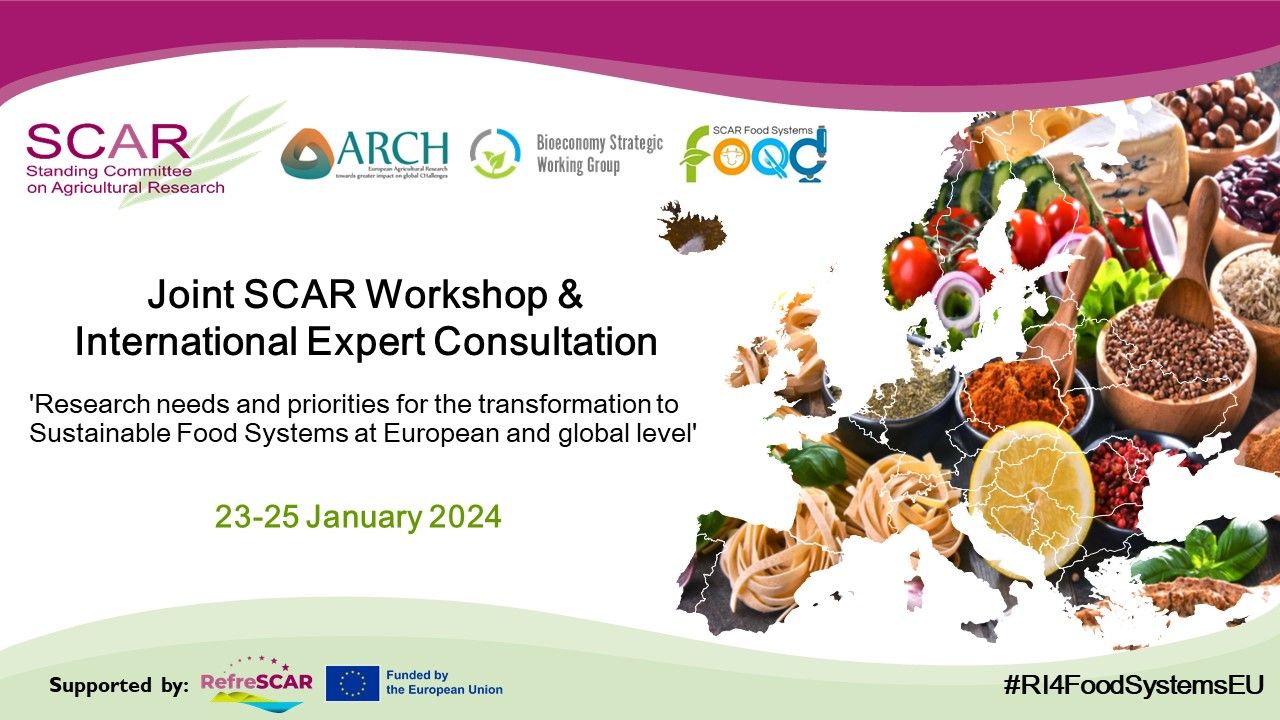#FoodFacts – José Ángel Rufián-Henares | Stance4Health

Do you think that in the close future (<10years), consumers will be able to adapt their diet (availability of devices, affordability, robust science for prescription, etc.) to their gut microbiota needs, in relation to their dietary goals (minimizing digestive troubles, assimilating or reducing the assimilation of specific nutrients, etc.) ? If yes, what will this technology look like? Personal at-home devices? Restricted use to medical appointments?
Personalized nutrition has advanced so far in the last decade, being first an object of research, becoming a reality today. We already have mobile technologies that allow the development of diets adapted to the needs of the human being, and we are advancing at great speed in incorporating the nutritional needs of each person’s intestinal microbiota. In this sense, current technology only allows stool samples to be shipped for sequencing to a specialized company (or research centre) that generates a profile of the composition of that microbiota. That information will be used by algorithms for generating a diet that, being healthy for humans and adapted to their specific foods they like, is also healthy for the specific intestinal microbiota of that person and favours its healthy functionality.
At present we face the great challenge of making healthy people accept the importance of following an adequate diet, adapted to the needs of their gut microbiota. This is especially difficult since healthy people do not suffer any specific pathology, so that they are not usually very receptive to the potential benefits of following such a diet. For this reason, the most plausible option is that a model of personalized nutrition adapted to both the needs of humans and their microbiota, will be first accepted by people suffering different gastrointestinal disorders such as intestinal irritability, poor digestion, inflammatory bowel disease, etc.
Latest Articles

Towards holistic, AI-driven emerging risk assessment: catching stakeholders’ needs in Living Labs

Protecting public health: understanding the importance of cumulative risk assessment of pesticides

SCAR consultation workshop on Sustainable Food Systems: highlights from EU FOOD SAFETY PLATFORM

Pioneering advances in the EU Food Safety System: highlights from the first EU Food Safety Forum
Food4Future_cz

New Tools for Preventing Harmful Bacteria in Ready-to-Eat Foods



